
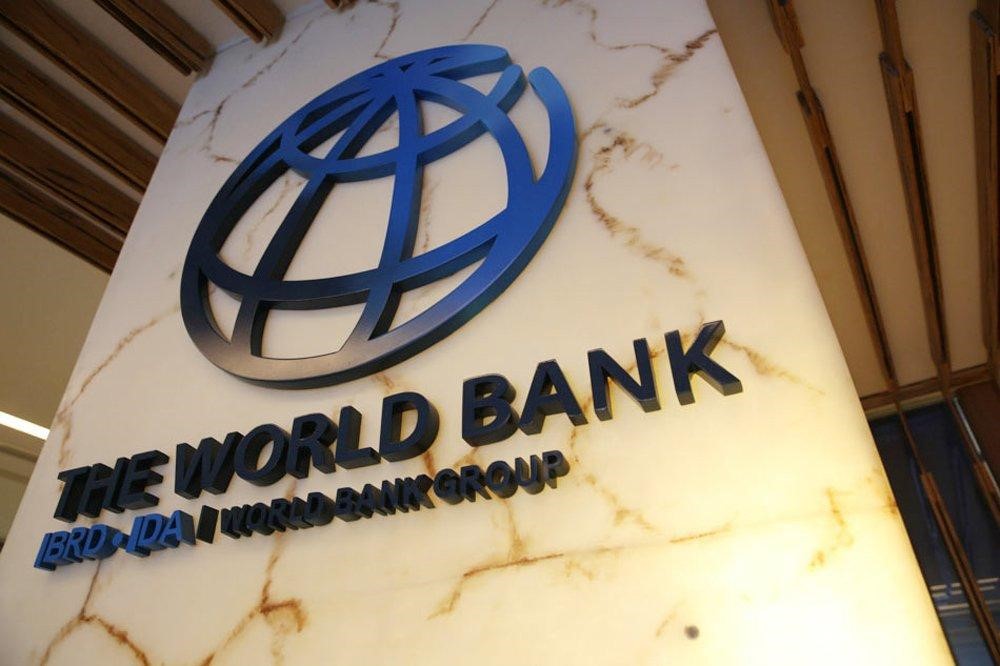
The World Bank’s Board of Executive Directors has approved the Beryl Emergency Response and Recovery Project to support Barbados’ recovery from the impacts of Hurricane Beryl.
The project, which is expected to benefit approximately 24,640 people, includes innovative World Bank mechanisms which will help Barbados and other vulnerable countries better respond to disasters.
On July 1, Hurricane Beryl passed 150 kilometres off Barbados’ southern coast, causing extensive damage, including to the Bridgetown Port, the cruise terminal, the Fisheries Marina and its breakwater. The fishing industry was hit particularly hard, with 240 vessels damaged or destroyed, the livelihoods of thousands of people dependent on the sector disrupted and the supply of goods and services across the fisheries value chain impacted. Tourism and housing were also affected, with 73 per cent of hotels, apartments, and guest houses, along with 40 homes, suffering various levels of damage.
The Government of Barbados made substantial efforts to address the most urgent needs in the aftermath of Hurricane Beryl. These included the relocation of fishing vessels, removal of debris, and rehabilitation of the port. Recognizing that resilient recovery would entail rebuilding infrastructure, climate adaptation, and strengthening disaster preparedness, the government partnered with the World Bank to prepare the Beryl Emergency Response and Recovery Project.
This US$54 million initiative will focus on rebuilding critical infrastructure, protecting vulnerable communities, ensuring the sustainable recovery of the fishing industry, and enhancing the country’s disaster preparedness capacity, paving the way for a more resilient Barbados in the face of future climate risks.
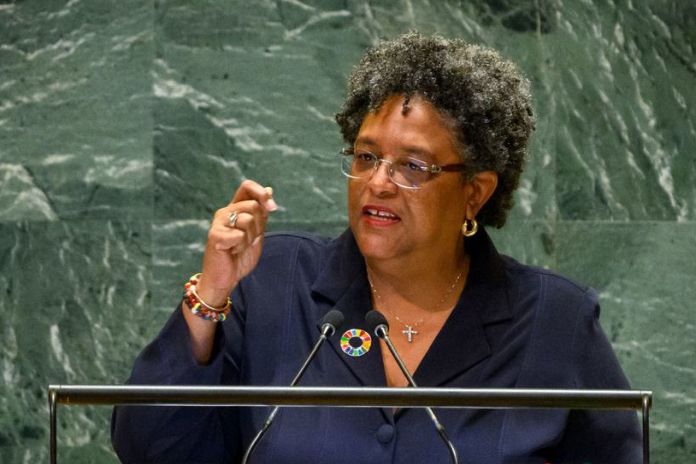
“In the face of adversity, we must not only rebuild but rebuild with resilience. The challenges brought by Hurricane Beryl once again remind us that climate change is not a future concern—it is here, and it is affecting our communities, our people, and our livelihoods,” said Mia Mottley, Prime Minister of Barbados. “This project is a testament to our commitment to protecting the most vulnerable among us, empowering our people, and safeguarding the future of Barbados. We don’t want just to respond to the disaster—we want to ensure that we stand stronger in the face of the next one,” she added.
The project will provide critical support to the fisheries sector, including the repair and replacement of fishing vessels and equipment, and the rehabilitation of the Barbados Fisheries Marina and coastal protection infrastructure, incorporating climate-smart technology to enhance resilience and promote environmental sustainability. Efforts will also focus on strengthening Barbados’ preparedness and response capacity, with improvements to the national emergency management system, the development of a management information system, and the creation of inclusive emergency shelter strategies.

“Barbados has been hit by approximately 30 climatic events in the last 30 years. The annual average loss on account of hurricanes alone is estimated at US$48 million, which is equivalent to nearly 1 per cent of Barbados’ GDP,” said Lilia Burunciuc, World Bank Director for the Caribbean. “In these challenging times, urgent support is crucial. The World Bank is committed to partnering with Barbados to tackle these pressing issues and ensure the resilience of its most vulnerable communities.”
The project includes innovations to help the country better respond to disasters. The Climate Resilient Debt Clause gives the country the option of prioritizing disaster recovery instead of debt repayment for up to two years, while the Rapid Response Option permits channelling unused financing from other projects to address emergency needs when a crisis occurs. The project is the first in Latin America and the Caribbean to be approved with a Rapid Response Option.
The Beryl Emergency Response and Recovery Project is also the first operation to be approved following Barbados’ re-engagement with the International Bank for Reconstruction and Development (IBRD) as a borrowing member. Barbados graduated from IBRD in 1994 but continued receiving World Bank support on an ad hoc and exceptional basis. This project marks the beginning of a new chapter in the partnership between Barbados and the World Bank, focused on strengthening resilience and ensuring long-term sustainable development.

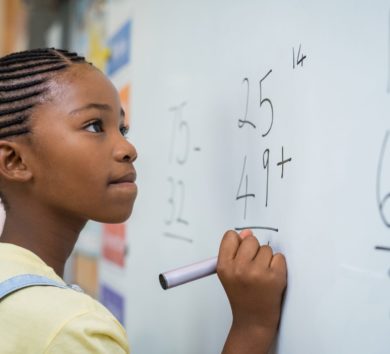



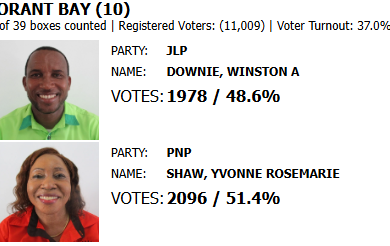
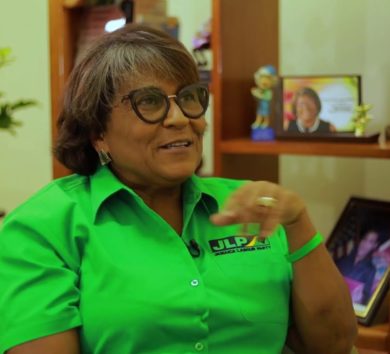
Comments